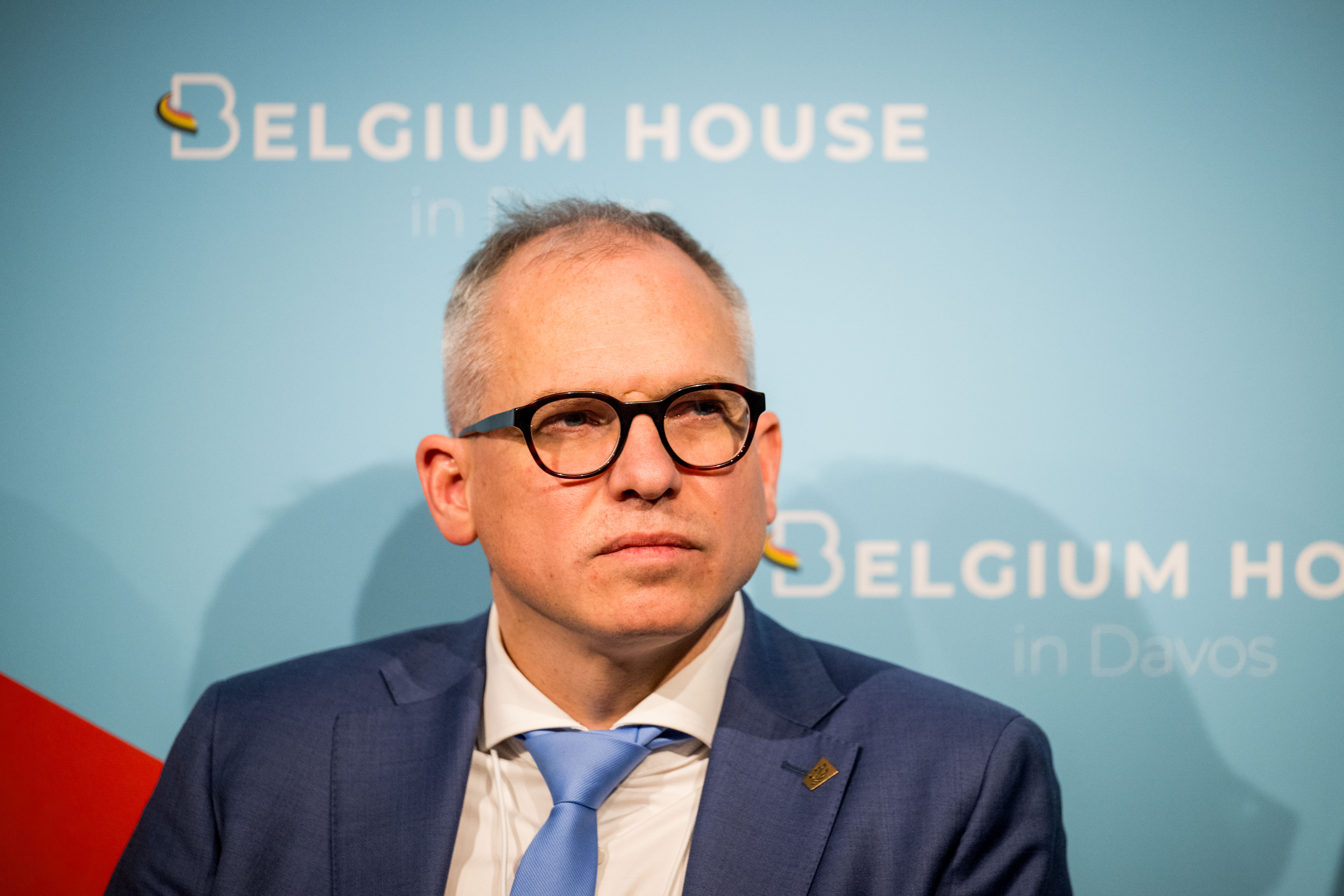Flemish government launches plan to boost economy

The Flemish government has launched a plan to increase productivity and strengthen economic competitiveness. Minister-president Matthias Diependaele aims for business-friendly policies, infrastructure investment, and workforce development.
The initiative comes amid growing concerns over the state of the Flemish economy. Industrial production - weighed down by high energy and labour costs, slow permit approvals, and international competition - has been declining for three consecutive years. While the European Commission has already introduced a competitiveness agenda, Flanders is now setting its own priorities.
Room for innovation
A key focus is creating a better environment for businesses of all sizes. Administrative burdens will be reduced, and a new strategy for business parks will be introduced by mid-2025 to ensure enough space for companies.
The government is also working on simplifying investment subsidies and increasing access to risk capital to boost innovation.
Infrastructure
Infrastructure will play a major role in the plan. The government is looking to improve port, rail, and road networks and will secure affordable, low-carbon energy. This includes further development of solar and wind energy, alongside potential investments in small modular nuclear reactors.
The long-delayed Ventilus power line, which will connect offshore wind farms to the grid, is also expected to move forward this year.
Human capital
The third pillar of the plan is workforce development. With an ageing population and ongoing labour shortages, Flanders aims to strengthen education and lifelong learning.
Plans include expanding dual learning, where students combine education with work experience, and making training programmes more flexible.
Europe
Diependaele has made it clear that each minister will be held accountable for delivering concrete results throughout the legislative term. More details on industrial measures are expected in the coming weeks.
Meanwhile, the European Commission is also preparing additional proposals to support manufacturing across the EU. Commission president Ursula von der Leyen is expected to announce measures later this month.
#FlandersNewsService | Flemish minister-president Matthias Diependaele represented Flanders during the World Economic Forum in Davos, highlighting the region’s investment potential © BELGA PHOTO JASPER JACOBS